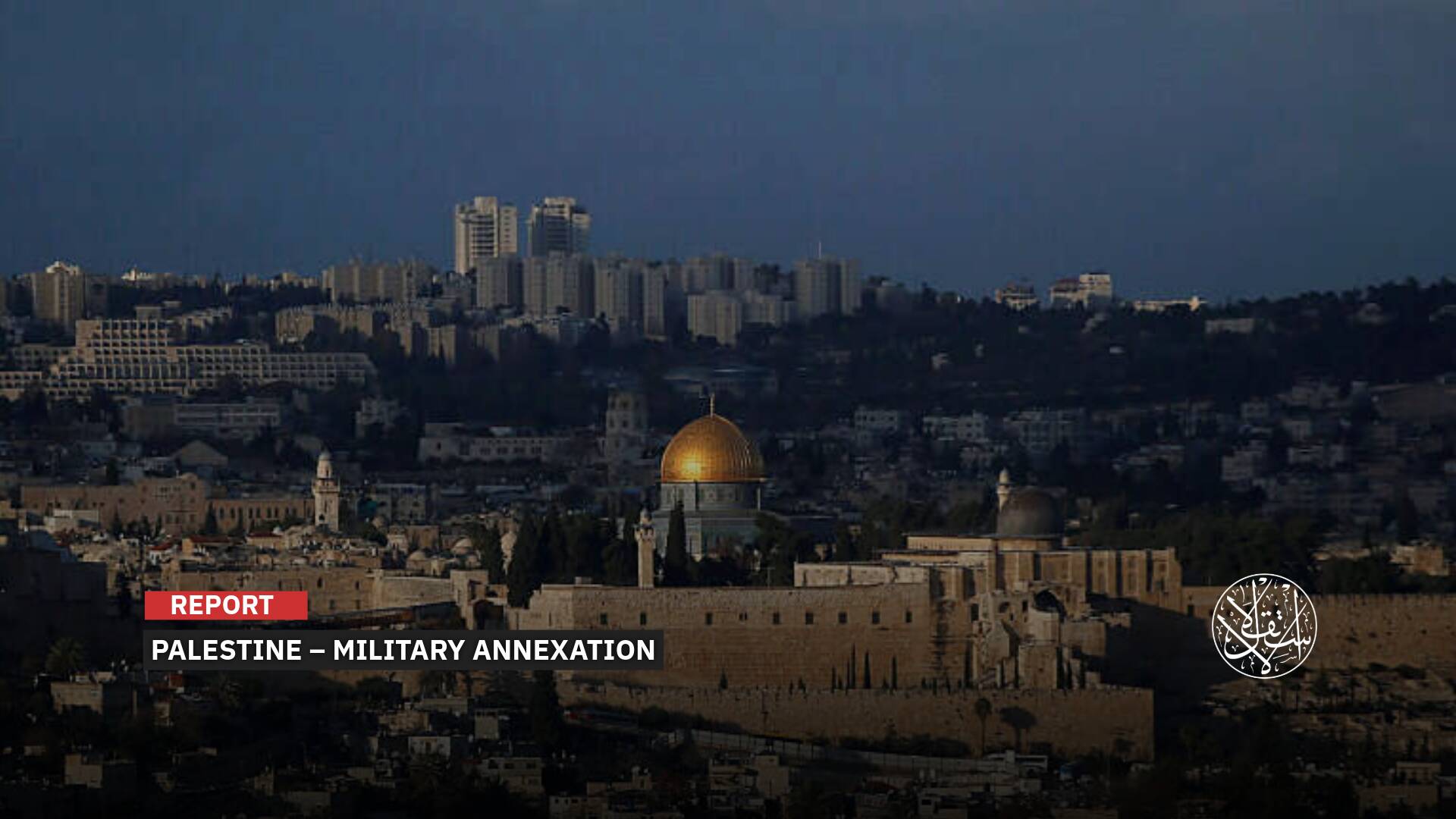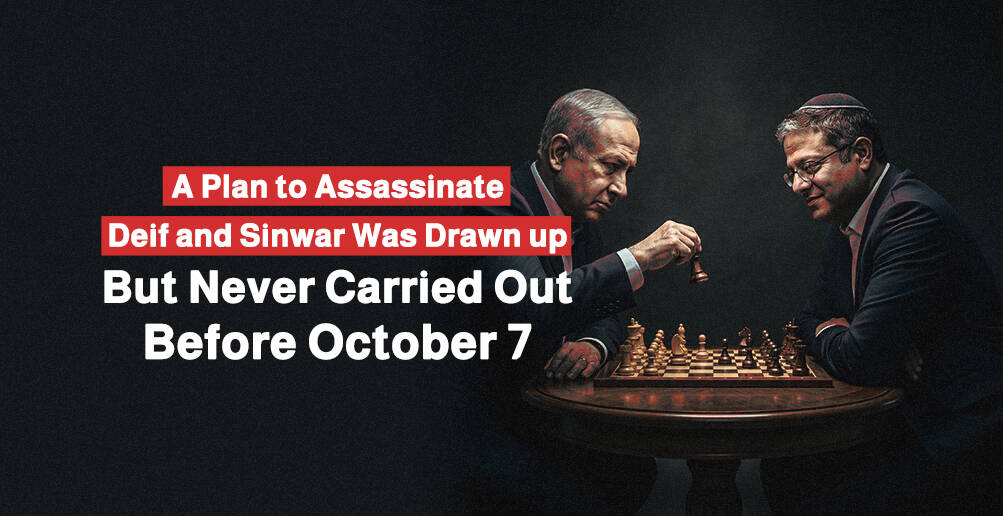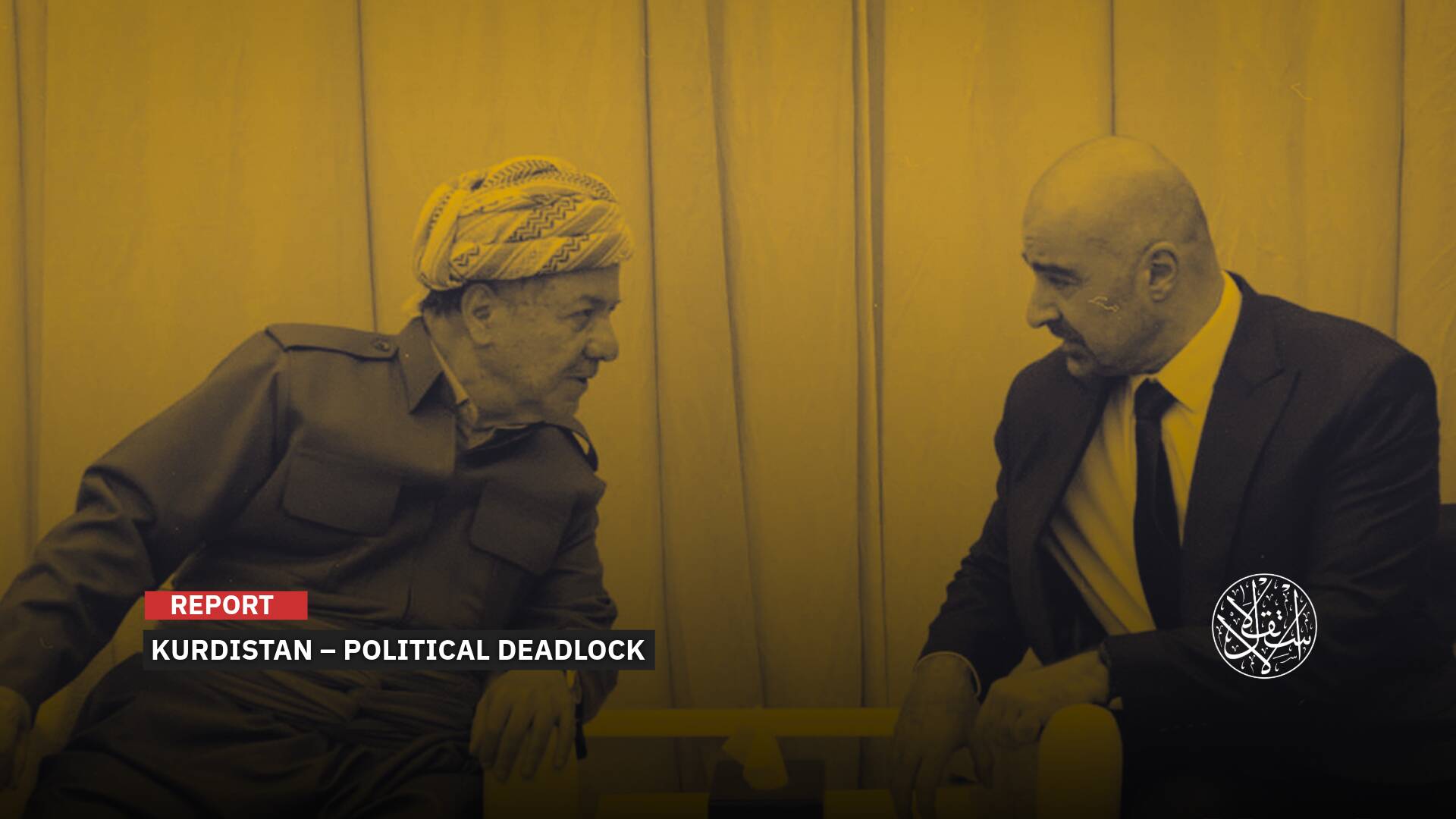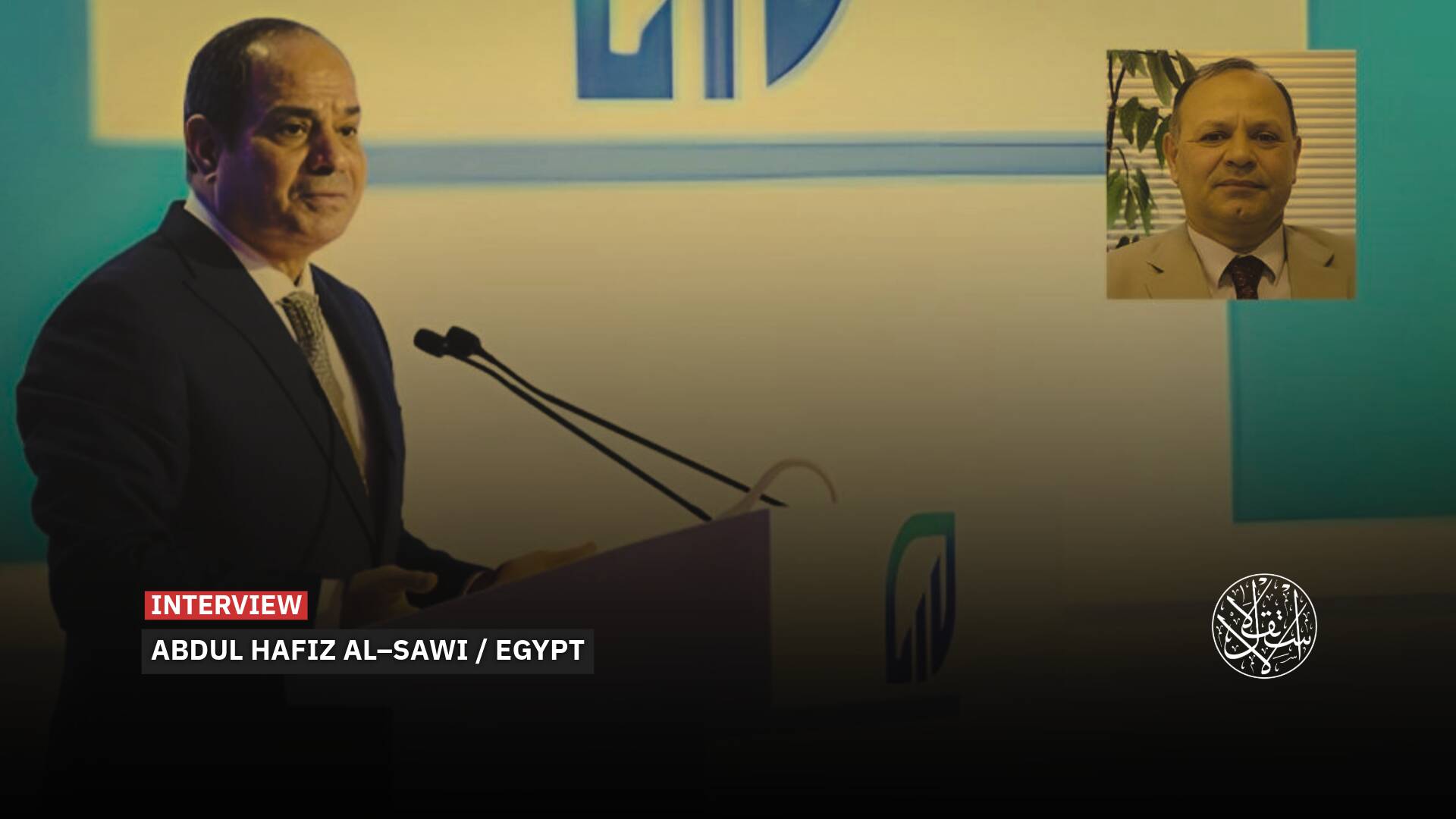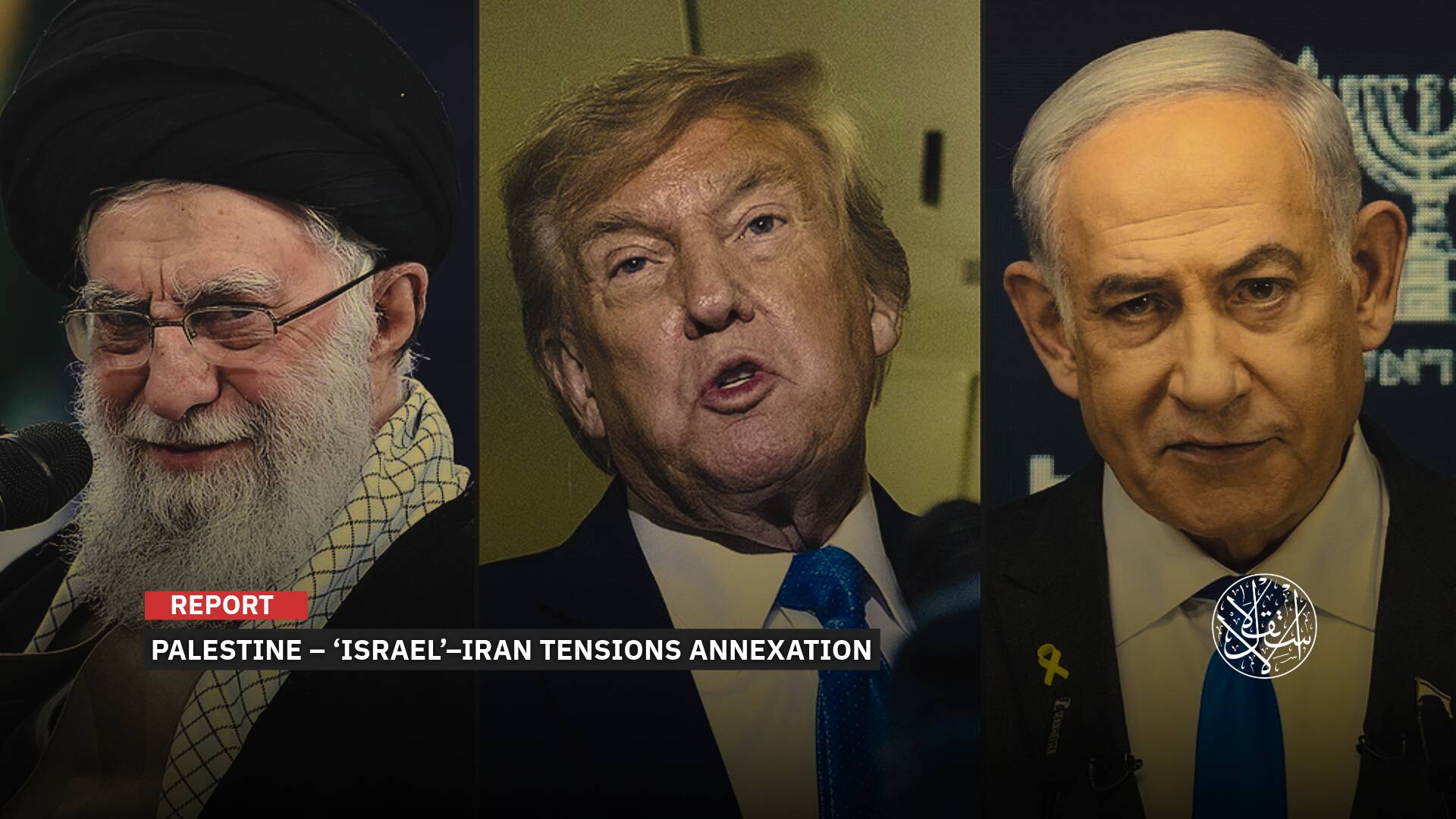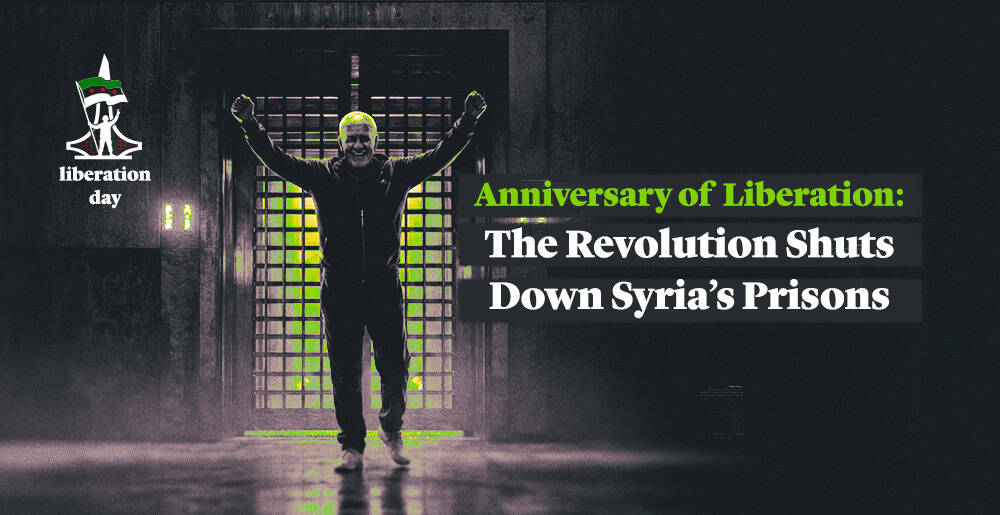Amid the Israeli Aggression on Gaza: Why Did Sheikh Jarrah Neighborhood Return to Prominence?

The families of Sheikh Jarrah have been engaged in a legal battle with settlement associations since 1972.
For 15 years, Jerusalemite Salah Diab has been resisting attempts to evict him and his family from their home in the Sheikh Jarrah neighborhood and replace them with settlers, rejecting all settlements, offers, and temptations to vacate.
After exhausting all attempts to evict him, an Israeli court intervenes today to make a decision to close this file under pressure from settlers and settlement associations.
The Sheikh Jarrah case in occupied Jerusalem (al-Quds) has once again come to the forefront amid the Israeli aggression on Gaza since October 2023 and escalating violations in the West Bank.
What's New?
An Israeli court ruled in mid-April 2024 to evict the Diab family from their home in the Sheikh Jarrah neighborhood in occupied Jerusalem (al-Quds) in favor of Israeli settlers.
The decision includes the eviction of residents of 3 houses belonging to the Diab family, which consists of 20 people and has been living in this house for over 50 years.
In statements to the press after the verdict, the homeowner, Salah Diab, said, "The Israeli Magistrate's Court has decided to evict our family from its home and has given us until mid-July."
He added that "the court issued its decision under pressure from Israeli settlement groups, taking advantage of the world's preoccupation with the war on Gaza and the conflict with Iran."
According to what the family and human rights sources have mentioned, the Israeli court decided to evict them from three residential apartments and granted them a 60-day period to appeal the decision.
Diab revealed that he intends to appeal the decision in the Central Court. If the latter refuses, he will go to the Supreme Court.
The deliberations in court have taken years for Diab to reach today the first judicial decision to evict him from his home.
28 Palestinian families have been residing in Sheikh Jarrah since 1956, but settlement groups claim that their homes were built on land that was Jewish property before 1948.
These families have been engaged in a legal battle with settlement associations since 1972, trying to preserve their homes and properties against the policy of Judaization and land confiscation in occupied Jerusalem.
The settlers have long had aspirations in the Kerem al-Jaouni, the eastern part of the Sheikh Jarrah neighborhood in Jerusalem, where Diab's house is located.
The settlers filed a request to evict the Diab family in 2009 after seizing the homes of the Ghawi and Hannoun families adjacent to its home in the same year.
Vengeful Operation
The recent verdict came despite the Israeli Supreme Court issuing a decision on March 1, 2022, definitively canceling the eviction of 4 families in Kerem al-Jaouni area of Sheikh Jarrah, including the Diab family.
Regarding this, Diab told Al-Jazeera Net that many judges of the Magistrate's Court avoided issuing a decision to evict his house because of a previous decision from the Supreme Court, but the judge who issued it was an extremist settler.
After the verdict was issued, Diab continued: "Inside the courtroom, the judge told the settlers' lawyer that there is a Supreme Court decision that rules against eviction, to which the latter responded that he wants an immediate response, so the judge issued a decision against me."
He believes that the court's decision falls within the framework of revenge against him for being an activist in defending the properties of the neighborhood and organizing weekly protests against eviction orders.
He pointed out that the settlers launched a campaign of incitement against him at the beginning of the recent aggression on Gaza, which led to his dismissal from his job.
This campaign was added to another previous one launched by the settlers against him in the summer of 2021 when a popular uprising erupted in the Sheikh Jarrah neighborhood.
In May 2021, the Sheikh Jarrah neighborhood was at the heart of an unprecedented battle between the families on one side and the Israeli Occupation soldiers and settlers on the other side, with the aim of evicting them from their homes.

Back then, Jerusalem (al-Quds) witnessed intense tension when the right-wing Israeli Deputy and current Minister of Public Security, Itamar Ben-Gvir, set up a tent on private Palestinian land in the Sheikh Jarrah neighborhood, turning it into his office.
Accompanied by dozens of Israeli settlers who attacked Arab homes in the neighborhood with stones, Ben-Gvir sparked clashes between Palestinians on one side and settlers and Israeli police on the other.
At that time, the Palestinian resistance launched the Sword of Jerusalem battle from May 10 to 21, 2021, during which rocket strikes were directed deep into Israeli territory in response to settler incursions into al-Aqsa Mosque and Israeli plans to evict residents of the Sheikh Jarrah neighborhood.
In addition to the resistance strikes, the Sheikh Jarrah neighborhood issue became an international public opinion matter in solidarity with the Palestinians, forcing the Israeli Occupation authorities to backtrack on their plans to displace its residents.
What's the Goal?
The preacher of the blessed al-Aqsa Mosque, Sheikh Ekrima Sabri, believes that the Israeli Occupation's decisions to evacuate Palestinian families' homes in the Sheikh Jarrah neighborhood of Jerusalem in favor of settlers are part of Israeli efforts aimed at Judaizing the holy neighborhoods and establishing a settlement belt near al-Aqsa Mosque.
Sabri emphasized in a statement to the local Sanad Agency that the Israeli Occupation seeks to implement Judaization projects that include several neighborhoods surrounding al-Aqsa Mosque, especially targeting the Wadi al-Joz, Sheikh Jarrah, and Bab az-Zahra neighborhoods.
He explained that this battle aims to displace and deport Palestinians in order to besiege al-Aqsa Mosque from the northern side by controlling Sheikh Jarrah and besieging it from the southern side by controlling the Silwan neighborhood.
Al-Aqsa's preacher pointed out that the plans targeting Jerusalem, in general, are moving steadily towards the desired goal of Judaizing the city and considering it the capital of unified Jews worldwide, not just "Israel."
He believes that this plan prompts the Israeli Occupation to stir up situations from time to time whenever they calm down, "and now there are those who want to exploit the situation for the benefit of Judaizing the city."
For his part, the head of the Jerusalem Committee Against Judaization, Nasser al-Hadmi, affirmed that the Israeli Occupation is exploiting the general conditions in the Palestinian arena to settle the Sheikh Jarrah neighborhood issue and expel its residents.
In a press statement after the court's decision, he explained that the Israeli Occupation is trying to advance into the Wadi al-Joz, which is the last layer of Palestinian neighborhoods close to al-Aqsa Mosque.
Al-Hadmi considered bypassing the judiciary of legal procedures as a preliminary step to resolve the issue militarily, given the surrounding circumstances.
He confirmed that the issue lies in an attempt to empty the neighborhood of its content, achieve full military control over it, and start exercising actual control over Wadi al-Joz after destroying the industrial areas within it under the pretext of establishing tourist projects.
The issue of this neighborhood is not new, as three years after the occupation of East Jerusalem, the Israeli parliament (Knesset) passed a law in 1970 claiming the existence of lands and properties for Jews in Sheikh Jarrah, asserting that they owned them before the establishment of "Israel."
Since then, successive Israeli governments have planted settlement outposts and brought in religious Jews (Haredim) into the heart of the neighborhood with settlements such as Shimon HaTzadik and Shepherd Hotel.
"Israel" also established the headquarters of the police, border guards, and the Ministry of the Interior in that area with the aim of besieging the Palestinian presence and expelling the residents.


